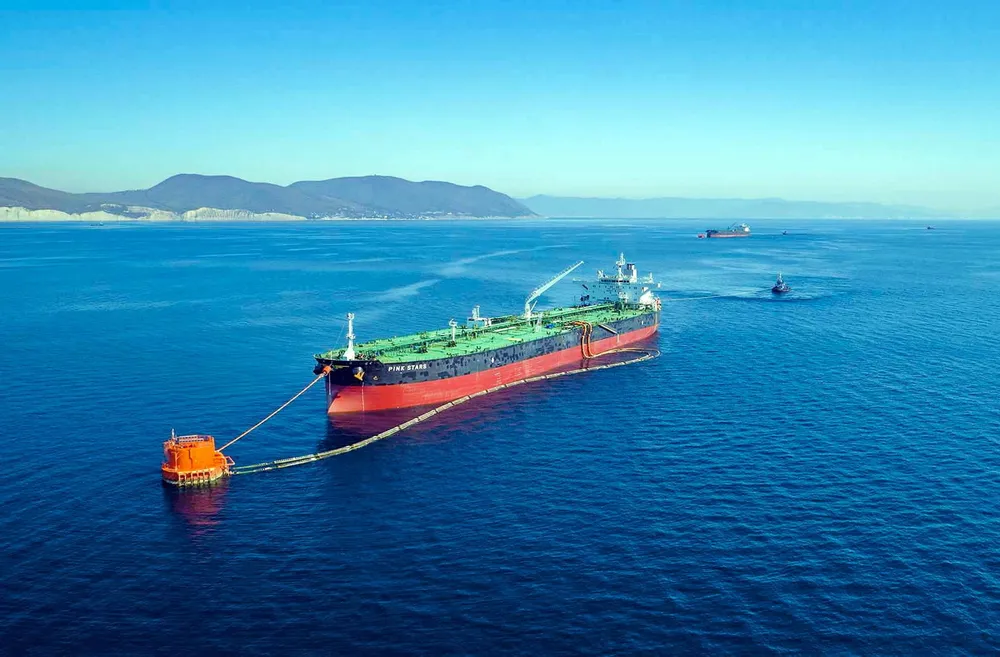Caspian Pipeline ducks threatened halt to Kazakh oil exports
Russian authorities lift threat to halt operations that weighed heavily on international oil markets

Russian authorities lift threat to halt operations that weighed heavily on international oil markets
